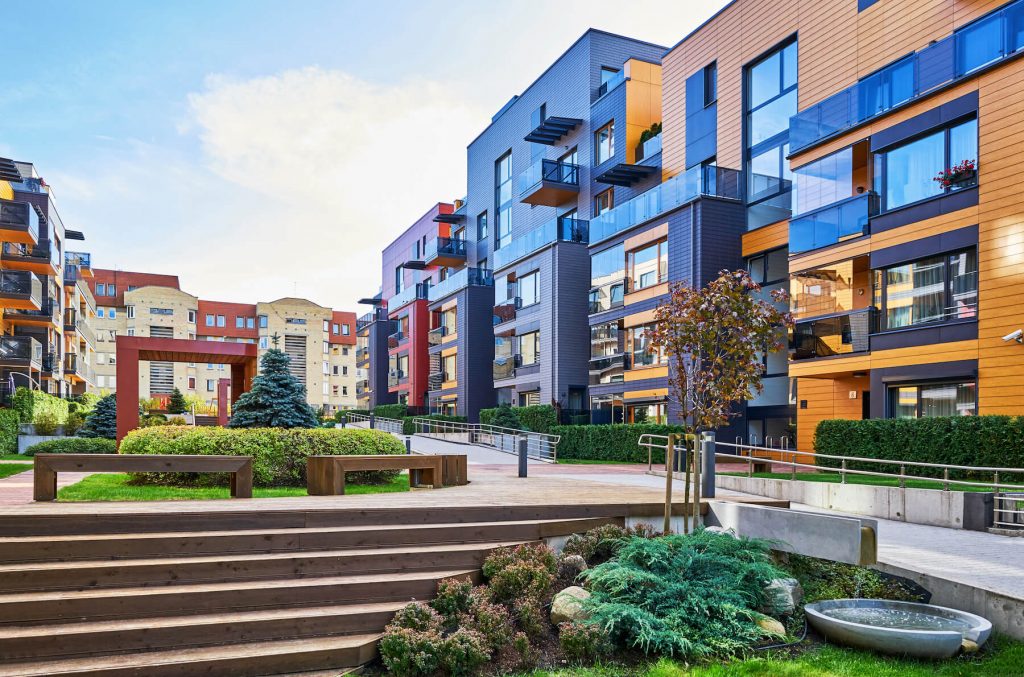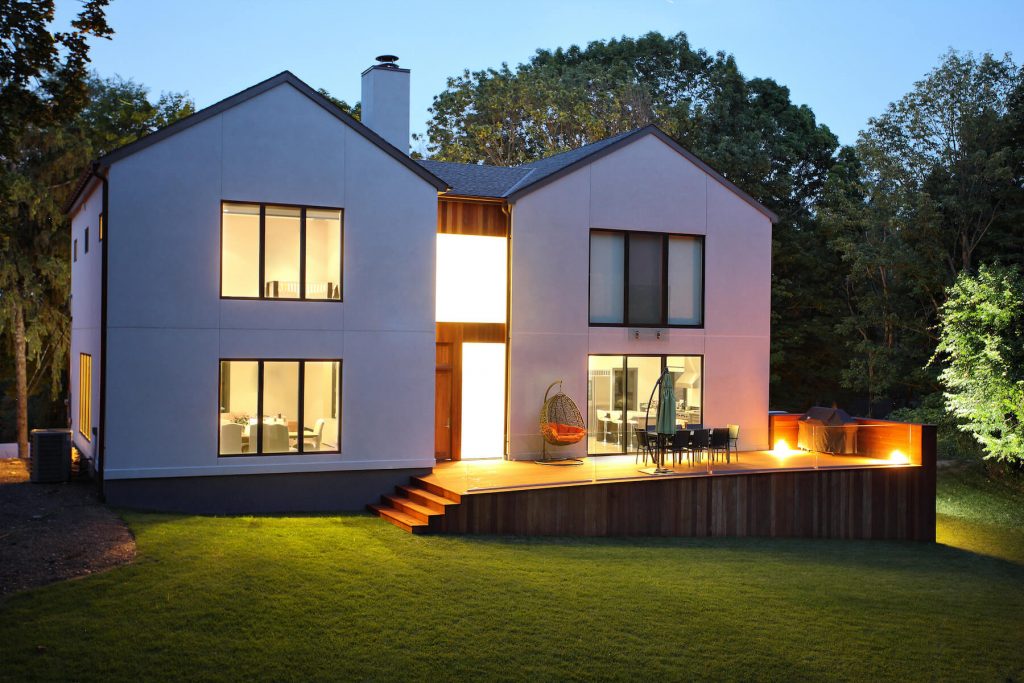What makes aluminium windows a great sustainable option for new, modern homes?
Shockingly, 39% of the world’s carbon emissions come from the construction industry. Following the government’s 2021 consultation on the Future Homes Standard, the UK is aiming to reduce 50% of greenhouse gas emissions in the built environment by 2025. As a result, new-build homes need to produce 31% less carbon. Some key principles that can contribute towards net zero emissions include:
- Sustainable designs
- Durable materials
- Energy efficient products
In this regard, aluminium is sure to be the most suitable window material for this new chapter of the new build sector.

Aluminium windows are energy efficient
Thanks to polyamide thermal breaking technology, our aluminium casement windows can achieve U-values as low as 1.4W/m²k. This measures the rate of thermal transmission. The lower the U-value, the slower thermal energy can pass through a surface. With these low U-values, aluminium windows can prevent new homes from losing heat, reducing their need for using central heating systems. As a result, the home’s carbon emissions will decrease, along with the homeowners’ energy bills.
Furthermore, aluminium is 100% recyclable and can be reused an unlimited amount of times. This means less energy has to be expended in acquiring new materials. In fact, recycling 1 tonne of aluminium can save up to 9 tonnes of CO² emissions. If the built environment can make the switch to renewable window materials, this will significantly improve the sector’s chances of meeting the government’s new standards.

Aluminium windows are durable
Unlike window materials like timber, aluminium has a lifespan of 30 years and above. It’s immune to warping or rotting. It also has immaculate resistance to damage from UV rays and moisture. In fact, our Ultra Slim KC51 Casement Windows have been weather-tested to BS 6375-12009, BS6375-2 and BS6375-3 standards.
This durability is another reason why aluminium is the most sustainable window material. Windows will need replacing far less often, and top-quality energy ratings will be achieved for far longer.
Aluminium windows are malleable
Despite being the strongest window frame material on the market, aluminium is incredibly light. This means that, in addition to being able to support large panes of glass, the material is extremely malleable. For manufacturers, it’s very easy to work with and can be manipulated into a range of shapes and sizes.
This functionality means that manufacturing time can be minimised, with less material supporting a wider range of products, from casement windows to bifold doors. Without question, aluminium provides the gateway towards more sustainably designed home improvement products.

Aluminium profiles for the trade across the UK
At Exlabesa, we are committed to providing all our trade customers with fully sustainable, high-performance aluminium profiles.
We also pride ourselves on our exceptional customer support. If you’d like to find out more about any Exlabesa products or services get in touch today. You can call us on 01302 762 500 or contact us online.